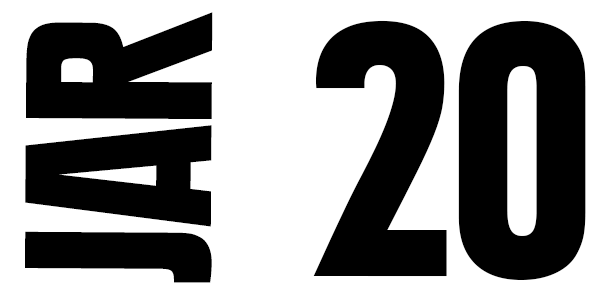Journal for Artistic Research (JAR) |
|
The 20th Peer-reviewed Issue of JAR is Online. Journal for Artistic Research (JAR) The online, peer-reviewed journal for the publication and discussion of artistic research. JAR is open-access, free to read, and to contribute. JAR acepta envíos en español, portugués, alemán e inglés. The Journal for Artistic Research (JAR) is an international, online, open-access and peer-reviewed journal that disseminates artistic research from all disciplines. JAR invites the ever-increasing number of artistic researchers to develop what for the sciences and humanities are standard academic publication procedures. It serves as a meeting point of diverse practices and methodologies in a field that has become a worldwide movement with many local activities. We are very proud to announce our twentieth issue with the following contributions:
Keywords include: Ethnography, Phenomenology, Old English, Porosity, Defamiliarization, Concept, Ecological Consciousness, Permeability, Slow Cinema, Enactive Cognition, Electroacoustic Music, Creativity, Voice and Composition. Take a look at JAR20 and read the editorial by Michael Schwab here. The ‘Network’ pages of JAR’s website offer five new book reviews and one reflection:
JAR provides a digital platform where multiple methods, media and articulations can function together to generate insights into artistic research endeavours. In its peer-reviewed section, it seeks to promote ‘expositions,’ which aim to engage practice and demonstrate research. JAR views artistic research as an evolving field where research and art are positioned as mutually influential. If you are considering submitting something to the journal, be sure to look at our guidelines. The next deadline for JAR 24 (second issue of 2021) is 31 October 2020. The Network is a non-peer-reviewed space on the JAR website for discussion, reviews and opinion pieces relevant to artistic research and JAR’s community. It carries no restrictions in terms of language, length, topic or theme. You can read all contributions here. JAR works with an international editorial board and a large panel of peer-reviewers. Editor in Chief: Michael Schwab Editorial Board: Annette Arlander, Danny Butt, Lucia D’Errico, Yara Guasque, Paul Landon, Manuel Ángel Macía, Christine Reeh-Peters, Mareli Stolp and Mariela Yeregui. JAR is published by the Society for Artistic Research (SAR), an independent, non-profit association. You can support JAR by becoming an individual or institutional member of SAR. For updates on our activities, join our mailing list. If you want to reach us, please use our contact form. |

